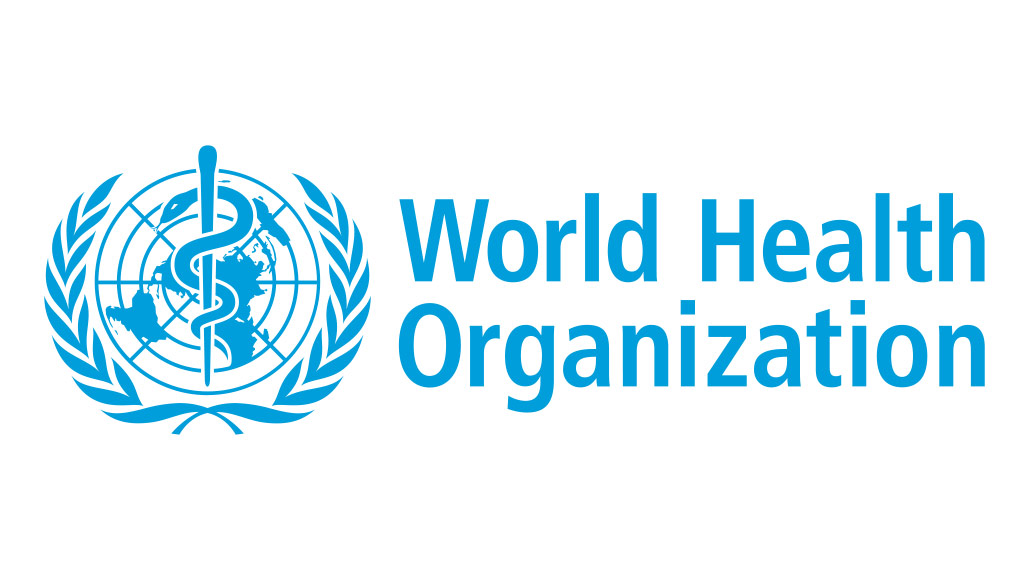For the first time, the World Health Organization has officially listed the Ministry of Health, Labor, and Welfare/Pharmaceuticals and Medical Devices Agency (MHLW/PMDA) of Japan, Health Canada, and the Medicines and Healthcare Products Regulatory Agency (MHRA) of the UK as the new WHO-listed authorities (WLAs), a status that is granted to national authorities that meet the highest international regulatory benchmarks when it comes to medical products.
With these latest designations, WHO goes on to expand the growing list of WLAs, which now involves 39 agencies throughout the world, thereby supporting a broader and faster access to quality-assured medical products, especially in low- as well as middle-income countries.
Besides this, the Ministry of Food and Drug Safety (MFDS) of the Republic of Korea, which is one of the first regulatory authorities to complete the WLA evaluation for medicines as well as vaccines in October 2023, has got its listing scope successfully expanded, therefore now covering all the regulatory functions.
According to Dr. Tedros Adhanom Ghebreyesus, who is the director-general of the World Health Organization, this recognition goes on to reflect the deep commitment of these authorities towards regulatory excellence. The designation as new WHO-listed authorities is not just a testament to their robust systems concerning regulations but also a crucial contribution that they make towards global public health. He added that robust and dependable regulators help in ensuring that people across the world have access to effective, safe, and high-quality medical products.
It is well to be noted that almost 70% of the countries across the world still face prominent challenges because of weak or inadequate regulatory systems when it comes to evaluating as well as authorizing their medical products. The WLA framework goes on to promote regulatory convergence and international collaboration, thereby helping the WHO prequalification program and regulatory authorities, especially those who are located in low- and middle-income countries so as to depend on the trusted work as well as the decisions of certain designated agencies. This kind of partnership supports the efficient usage of limited resources, therefore helping with better and faster access in terms of quality-assured, life-saving medical products for billions more people.
The WHO assistant director-general for health systems, access, and data, Dr. Yukiko Nakatani, said that the principle of dependence is indeed central to the approach by WHO towards regulatory systems strengthening and also a cornerstone when it comes to efficient, effective, and smart regulatory oversight of medical products. He further added that new WHO-listed authorities have to be enablers when it comes to promoting transparency, trust, and faster access to medical products that are quality assured, especially when we talk of low- and middle-income countries.
Interestingly, in a world where health threats such as the likes of substandard and falsified medical products exist and know no borders, WLAs happen to serve as crucial pillars of equity and preparedness, thereby making life-saving products available widely, efficiently, and much faster.
The fact is that these designations follow a very stringent performance assessment process, which is carried out by WHO by way of using its worldwide recognized benchmarking and evaluation tools. These assessments were reviewed by the technical advisory group on WLAs – TGA – WLA, which started in June 2025. Apparently, Japan, Canada, and the UK regulatory authorities were in the past recognized as strict regulatory authorities – SRAs. Their designation under the WLA framework goes on to mark a very significant step when it comes to moving beyond the old SRA system but, at the same time, making sure of continuity as well as balance within global procurement processes, which are packed with quality-assured medical products.
The WLA initiative, which was launched in 2022 so as to replace the erstwhile SRA model, offers a transparent and evidence-based pathway when it comes to worldwide recognition of regulatory authorities to help the regulatory convergence and dependence. It builds on decades of the leadership of WHO in order to help the countries to work together in a closer manner on the regulation of medical products and also accelerate access to safe, effective, and quality-assured medical products for everyone around the world.


















